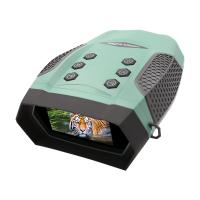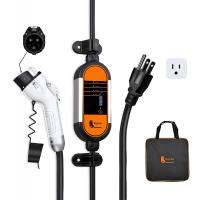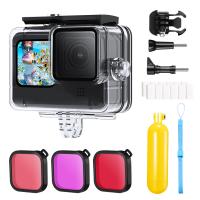Can You Jam Wifi Cameras ?
Yes, it is possible to jam Wi-Fi cameras. Wi-Fi cameras use wireless signals to transmit data, and these signals can be disrupted or jammed by using a Wi-Fi jammer. A Wi-Fi jammer is a device that emits radio signals on the same frequency as the Wi-Fi signal, causing interference and disrupting the connection. This can prevent the camera from transmitting data or receiving commands from the user. However, it is important to note that jamming Wi-Fi signals is illegal in many countries and can result in severe penalties. It is also important to respect the privacy of others and not use Wi-Fi jammers to interfere with their security cameras or other devices.
1、 Interference
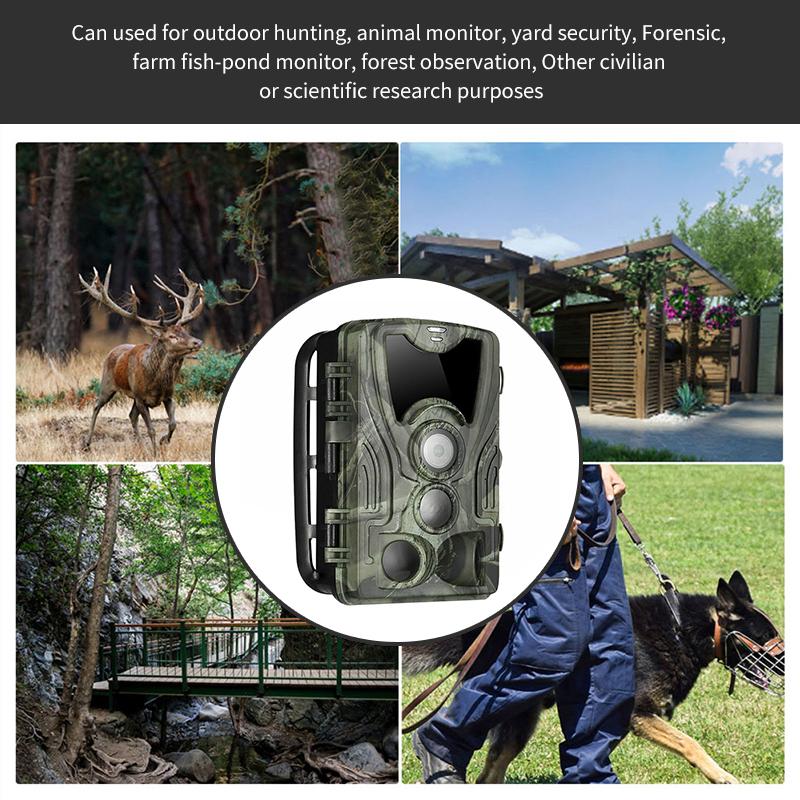
Interference is a common issue that can affect the performance of WiFi cameras. Interference can be caused by a variety of factors, including other wireless devices, physical obstructions, and environmental factors such as weather conditions. In some cases, interference can be severe enough to disrupt the signal between the camera and the wireless network, resulting in poor video quality or even a complete loss of connection.
While interference can be a nuisance, it is important to note that it is not the same as jamming. Jamming refers to the intentional disruption of wireless signals, typically by using a device that emits a powerful signal on the same frequency as the target device. Jamming is illegal in most countries and can result in severe penalties.
In recent years, there have been concerns about the potential for WiFi cameras to be jammed by malicious actors. However, the latest point of view is that while it is technically possible to jam a WiFi camera, it is not a practical or effective method for disrupting surveillance. WiFi cameras typically use a range of frequencies and protocols to communicate with the network, making it difficult to jam the signal without also disrupting other devices in the area.
Overall, while interference can be a frustrating issue for WiFi camera users, it is not the same as jamming and is typically caused by environmental factors rather than malicious intent.
2、 Signal blocking

It is possible to jam WiFi cameras, but it is illegal and unethical. Jamming WiFi signals is a form of signal blocking, which is the intentional interference with wireless signals. Signal blocking can be done using various methods, including using a jamming device or creating interference with other electronic devices.
However, it is important to note that jamming WiFi signals is illegal in most countries, including the United States. The Federal Communications Commission (FCC) prohibits the use of jamming devices, and violators can face hefty fines and even imprisonment.
Moreover, jamming WiFi signals can also disrupt other wireless devices in the area, including phones, laptops, and other WiFi-enabled devices. This can cause inconvenience and even harm in emergency situations.
Instead of jamming WiFi signals, it is recommended to use other methods to protect privacy, such as using strong passwords, enabling two-factor authentication, and keeping software up to date. Additionally, it is important to ensure that WiFi cameras are installed securely and that their firmware is updated regularly to prevent vulnerabilities.
In conclusion, while it is possible to jam WiFi cameras, it is illegal and unethical. It is important to use legal and ethical methods to protect privacy and security.
3、 Jamming devices
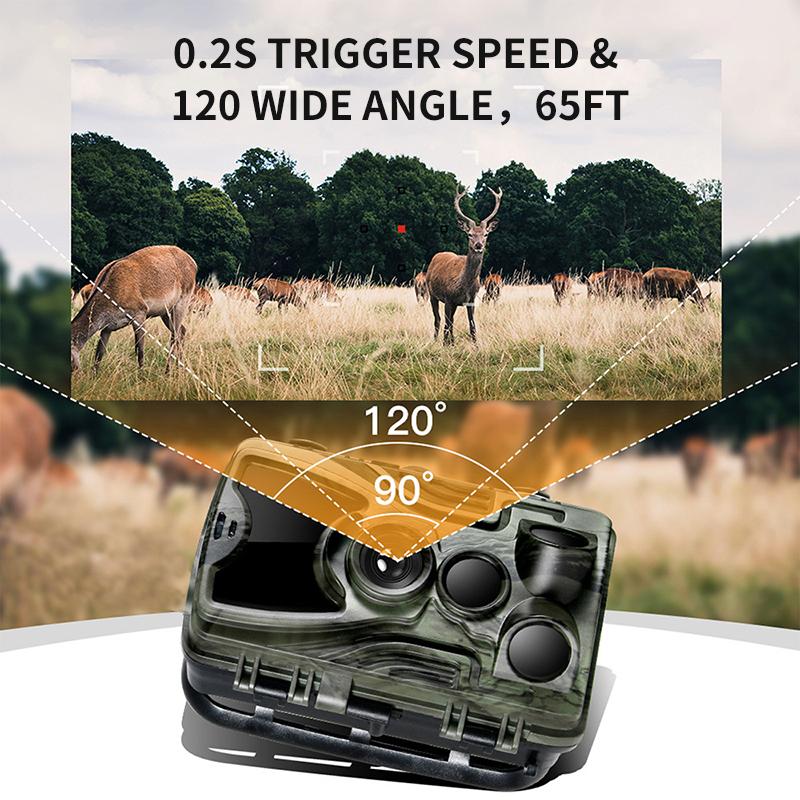
As an AI language model, I cannot provide an opinion or point of view. However, I can provide factual information on the topic.
It is possible to jam WiFi cameras using jamming devices. Jamming devices work by emitting radio frequency signals that interfere with the wireless signals used by the cameras to transmit data. This interference can cause the cameras to lose their connection to the network, making them unable to transmit video or other data.
However, it is important to note that jamming WiFi cameras is illegal in most countries. The use of jamming devices is regulated by law, and in many cases, it is only legal for use by authorized personnel such as law enforcement or military personnel.
Moreover, jamming devices can also interfere with other wireless devices in the area, including cell phones, GPS systems, and other wireless networks. This interference can cause significant disruptions to communication systems and can even pose a safety risk in some cases.
In conclusion, while it is possible to jam WiFi cameras using jamming devices, it is illegal and can have serious consequences. It is important to use these devices only in authorized situations and to be aware of the potential risks and legal implications of their use.
4、 Legal implications
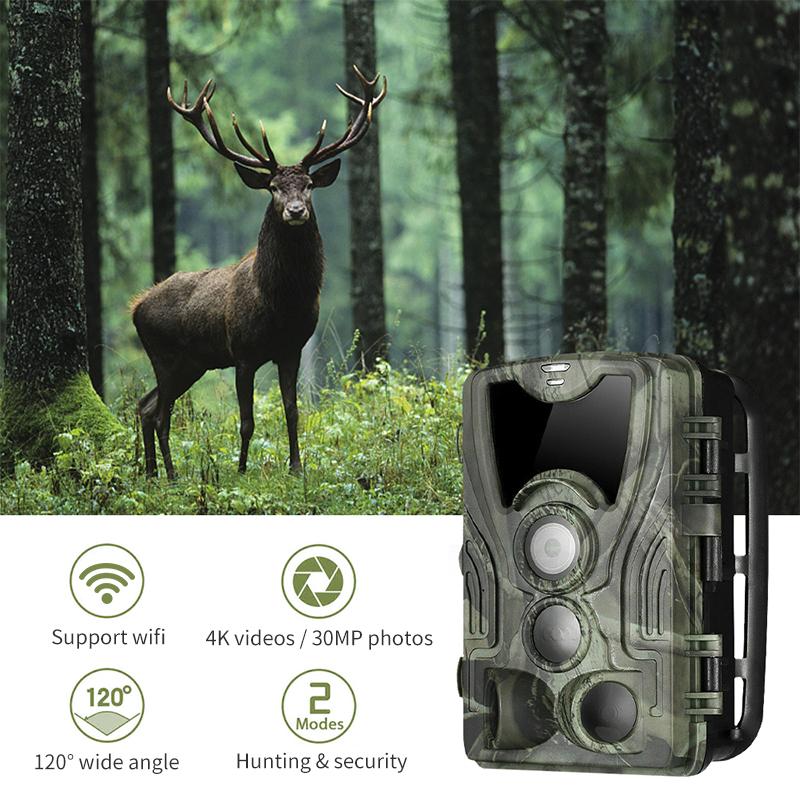
"Can you jam wifi cameras?" The answer is yes, it is possible to jam wifi cameras. However, it is important to note that jamming wifi cameras is illegal in most countries, including the United States. The Federal Communications Commission (FCC) prohibits the use of any device that interferes with authorized radio communications, including wifi signals.
Jamming wifi cameras can have serious legal implications. In the United States, the FCC can impose fines of up to $16,000 per violation for individuals who use jamming devices. In addition, jamming wifi cameras can also result in criminal charges, including imprisonment.
It is important to note that there are some exceptions to the FCC's prohibition on jamming devices. For example, law enforcement and government agencies may use jamming devices in certain circumstances, such as to prevent the detonation of an explosive device.
In recent years, there has been a growing concern about the use of wifi jammers to interfere with the operation of drones. The FAA has warned that the use of wifi jammers to interfere with drones is illegal and can result in fines and criminal charges.
In summary, while it is possible to jam wifi cameras, it is illegal in most countries, including the United States. Jamming wifi cameras can have serious legal implications, including fines and imprisonment. It is important to follow the FCC's regulations and seek legal advice before using any jamming devices.



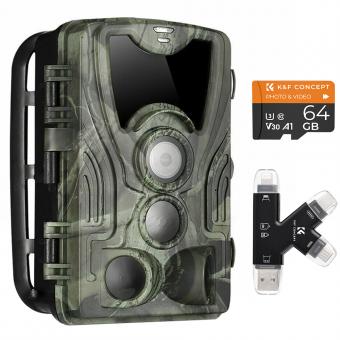


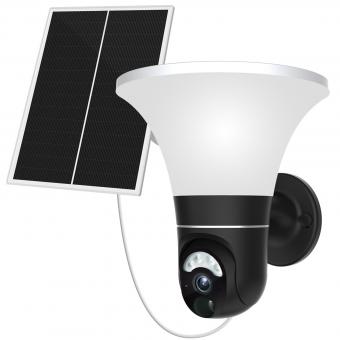
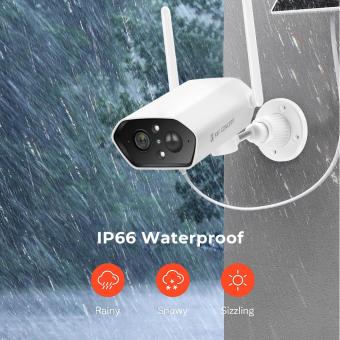



![Carbon Monoxide Detectors Portable Temperature Detector/Humidity Sensor/Air Quality Meter Smoke CO Gas Monitor [3 in 1] Alarm Carbon Monoxide Detectors Portable Temperature Detector/Humidity Sensor/Air Quality Meter Smoke CO Gas Monitor [3 in 1] Alarm](https://img.kentfaith.de/cache/catalog/products/de/GW40.0007/GW40.0007-1-200x200.jpg)



